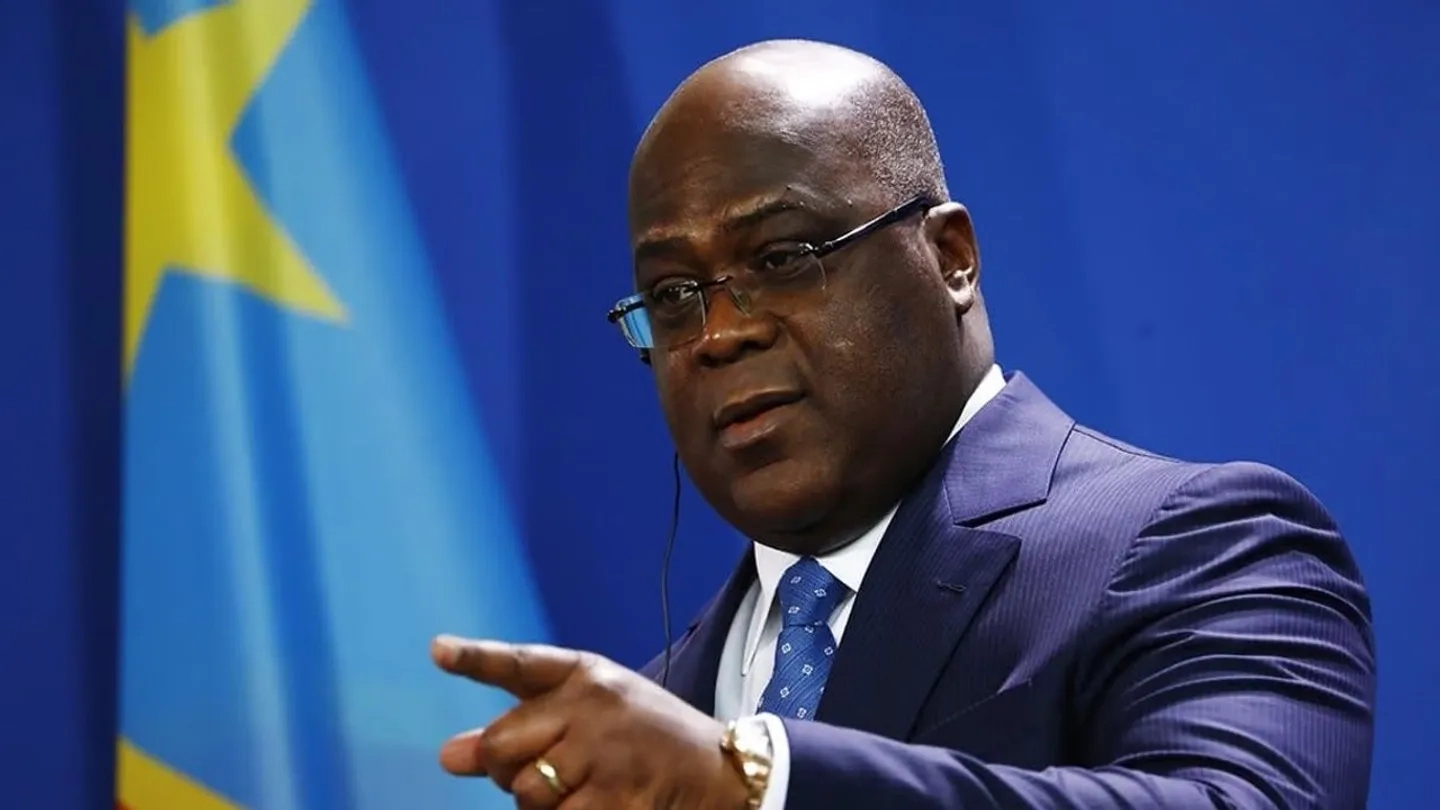On August 2, the Democratic Republic of Congo (DRC) held a solemn national day of remembrance to honor the millions of Congolese who have lost their lives during over three decades of conflict.
The official ceremony, held at the Genocost Memorial in Kinshasa, brought together political leaders, cultural icons, diaspora representatives, and renowned artists including Innos B, Youssoupha, Werrason, and influencer Didi Stone. Organized by the Congolese government and the National Reparations Fund for Victims (FONAREV), the event aimed to acknowledge the scale of violence that has scarred the nation.
Recognition of Atrocities
“This day is so important for the victims,” said Emmanuella Zandi, Deputy Director-General of FONAREV. “It marks the recognition of atrocious acts, grave violations of international humanitarian law, and crimes that constitute war crimes, crimes against humanity, and even genocide.”
The term Genocost refers to economically motivated massacres linked to the illegal exploitation of the DRC’s vast natural resources, particularly in its eastern provinces. United Nations reports, including the 2010 Mapping Project, have suggested these crimes could meet the threshold of genocide.
Documentaries screened during the event recounted atrocities from the 1990s onward, while survivors — speaking anonymously for security reasons — shared harrowing testimonies of killings, systematic rape, and forced displacement.
A Plea for Global Justice
In his address, President Félix Tshisekedi urged international recognition and action:
“If the world still hesitates to recognize this tragedy for what it is — a creeping genocide — we will not wait for others to validate our pain. We are the first witnesses; we will be the first to pursue justice.”
The ceremony concluded with the lighting of the Genocost flame, symbolizing remembrance, resistance, and the ongoing pursuit of justice for victims.
This national day stands as a powerful reminder of the DRC’s turbulent history and a call for the global community to address crimes that have long been met with silence.




